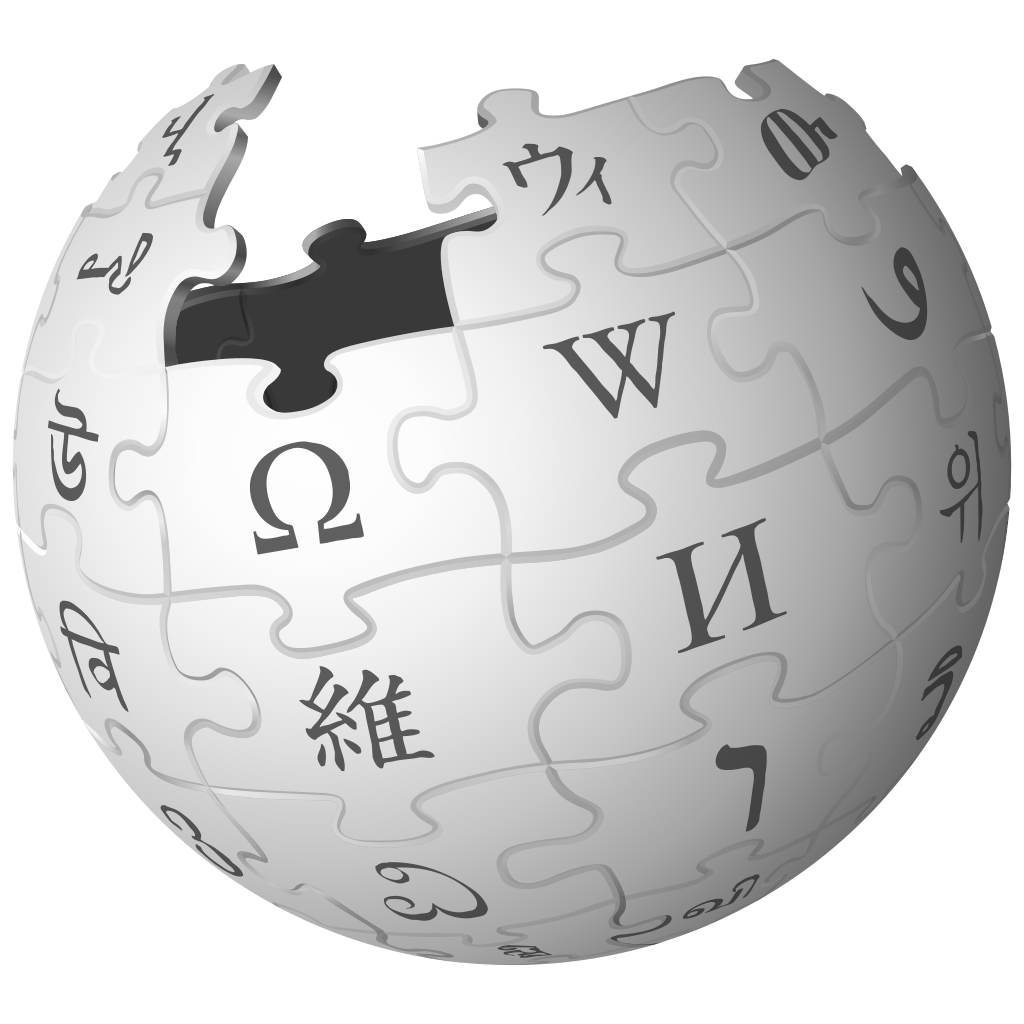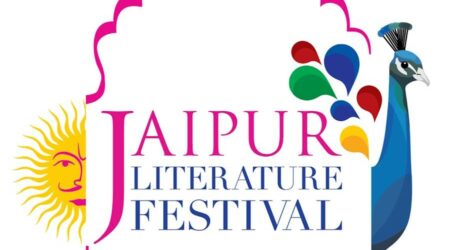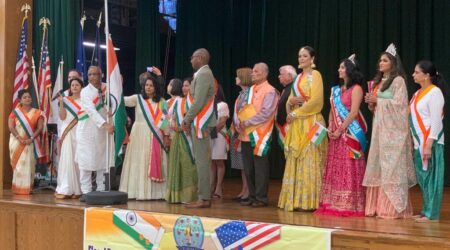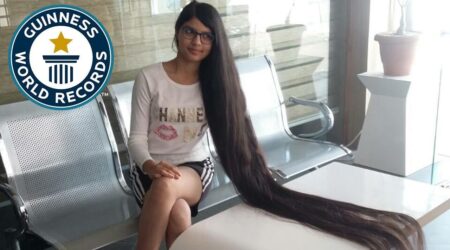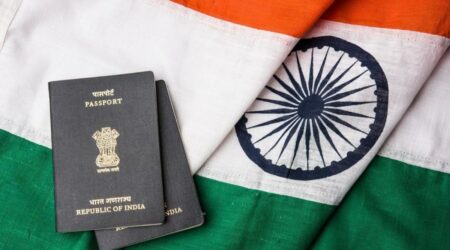By The SATimes news Service
The modern age encourages us to learn about health and seek out healthy options. We are warned that we must search under the surface of mainstream advertisements filled with cereal boxes, fast cars, imitation jewelry and soft drinks. We must look below to the wealth of wisdom found in diagnostic night wearables, smarter water, vitamin-packed food bars, and natural goodness packed in convenient portables for us to drive away in our electric cars. We are taught that these products save us what is important: time, energy, the health of our loved ones and money, which are then to be spent on the things important to us – time, energy, the health of our loved ones and money.
We are taught to seek deeper information to guide our health. Blinded by no deep anchor to the ultimate source of inner guidance, we are led by our fingertips to products at websites that “inform” us, cajoling us to buy that essential tool that will deliver health to us in a box, explaining its essence to us in a sophisticated logic that only serves to remind us how much we do not know.
To verify the information, we visit other sites that refine, define, and sublimate the original data. Today we are mesmerized by the hopeful quest that we will be enlightened the moment we discover the answer to our deepest issues, our deepest confusion.
This same education teaches us that we must exercise the right to determine our own health. Websites try to convince us using data on what Truth IS. Waged with the weapon of freedom to decide, we devour Wikipedia entries quickly (wiki wiki means fast fast in Hawaiian) and validate them as the people’s truth.
Recent battles on Wikipedia have shown that the battle for our brain’s opinion is the new war. Called the people’s encyclopedia, Wikipedia allows any and all people to edit any entry so we can feel that big brother is not telling us what is true. However, these new authorities on health claim dominion in virtual reality with knowledge from cyberspace, ruling Wikipedia as uber-editors to convey that their knowledge is right and lock out all others using code and the convention of status quo.
The truth conveyed on the internet is blurred by a mix of people who don’t know what they don’t know, people who are trying to get away with appearing as experts, and many who truly believe that evangelism and profit are their mission. Blocked edits over warzones on Wikipedia, such as the entry on Ayurveda, or alternative medicine, or quackery and a host of healing modalities demonstrate how the supremacy of information rulers now seek dominion over the curious, the young, and the greedy for knowledge. It is the new world war.
These self-proclaimed truth-bearers that rule on health sites are often also trying to make money. As soon as they do, they call it their profession. As professionals, they claim expertise by the number of hits and the size of their mailing list. They have no accountability for actions taken using their advice. They exploit the importance of freedom by convincing us to eat, exercise or cook a certain way. They take advantage of our buying power by getting us to buy that gadget, that organic product, that new class. Did these experts on the internet ever see a patient? Do they understand the history of plural medical systems that have the right to exist without endorsing pharmaceutical drug trials as the gold standard?
Who is questioning the mushroom of know-it-alls who tell us how to care for ourselves? Health writers are often unemployed young biology graduates who ignorantly pick a few beautiful nuggets of data and paint a picture that simply furthers the views they have embraced without a full analysis of wisdom, time-validated traditions, and awareness of failures that were swept off the knowledge desk. They look at skewed data and worship it, accusing others of bias.
The skeptics say that there is no time to learn old knowledge of the primitive people, that new experiments yield more refined information.
Ayurveda whispers that it has been around the block. It knows there are only four ways of knowledge: direct experience (pratyaksha), long-term association with a true healer (aptaupadesha), analogy (upamana) with something in nature that allows inference (anumana), and the power of deductive logic of a well-understood phenomenon (yukti).
Ayurveda tells us that without a good teacher, who knows how to align the path of Truth and true knowledge into the student, we are targets of those using false knowledge as weapons. We are consumed by these weapons and never know, because we look the same on the outside until we get really sick.
Two gates allow these weapons to take over our Beings. If we are disconnected from nature, we cannot feel. If we are disconnected from our hearts, we cannot know.
Ayurveda asks you to connect with these two sources. Once you do, your anchor will guide you through the seas of the internet and those selling themselves as experts. Your instinct will tell you something is wrong, and you will stop clicking and giving away your time, effort, energy, and health. It will guide you to the kind of medicine you need, the kind of food that helps you flourish, the kind of exercise that will strengthen you, and the silence that stills the heart so you can hear it. Your heart will guide you down the simple path of Truth. There is no shortcut to finding your heart and anchoring it to nature. But the journey is filled with simple happiness, rich robust love, integrity, and alignment… and no candy wrappers.

The South Asia Times
Columnist Dr. Bhaswati
Bhattacharya is a Fulbright
Specialist 2018‐2022 in Public
Health and Clinical Asst
Professor of Medicine, Weill
Cornell Medical College, New
York. Her bestselling book
Everyday Ayurveda is
published by Penguin
Random House.


